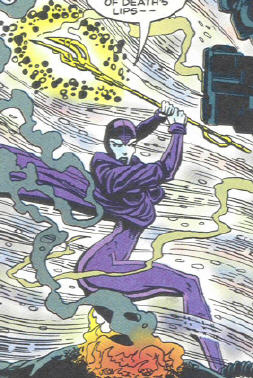
At the same time, though, it’s not like they were the first band to come up with such a concept countless acts, from Opeth to Gojira, have gone great lengths to make their music feel more like an excursion than mere tracklists.

Scale the Summit use atmosphere and shifts in mood to take you on a journey, an expedition of sorts. And it’s not like I can’t see where he’s coming from, either. I remember when I first heard the phrase “adventure metal” guitarist Chris Letchford used it to describe his band Scale the Summit. Showing only albums and EPs | Based on members ratings & MMA custom algorithm | 24 hours caching
TECHNO DEATHMETAL FULL
Some tech/prog death metal bands are so progressive on some releases that these are considered progressive metal rather than death metal, as is the case of some Atheist, Opeth and Cynic releases, that they are filed under progressive metal in the MMA rather than under death metal.Ĭlick for Full Sub-Genre Chart technical death metal top albums Given that brutal death metal bands tend to emphasize technique and compositional complexity, many brutal death metal bands, such as Suffocation and Hate Eternal, are also categorized as technical death metal bands. Sometimes, jazz death metal is listed as a separate subgenre and comprises artists who incorporate elements from fusion jazz into their death metal style, such as Atheist, Cynic and Pestilence on “Spheres”.

Some bands, like Necrophagist, Obscura, and Braindrill, emphasize technique in their style and are considered technical death metal acts, while others, such as Opeth, Neuraxis, Sectu, and Nocturnus are considered primarily progressive death metal. Death, Cynic and Atheist are considered central bands in the establishment of tech/prog death metal. Bands included in this genre take emphasize technicality in their music, in the form of complex riffs and/or complex song structures, while others apply the ethos of progressive music more broadly without straying from their basic death metal sound. Technical/progressive (or tech/prog) death metal is considered a legitimate genre by some (or even two legitimate genres), while others argue that it is a pseudo-genre.


 0 kommentar(er)
0 kommentar(er)
